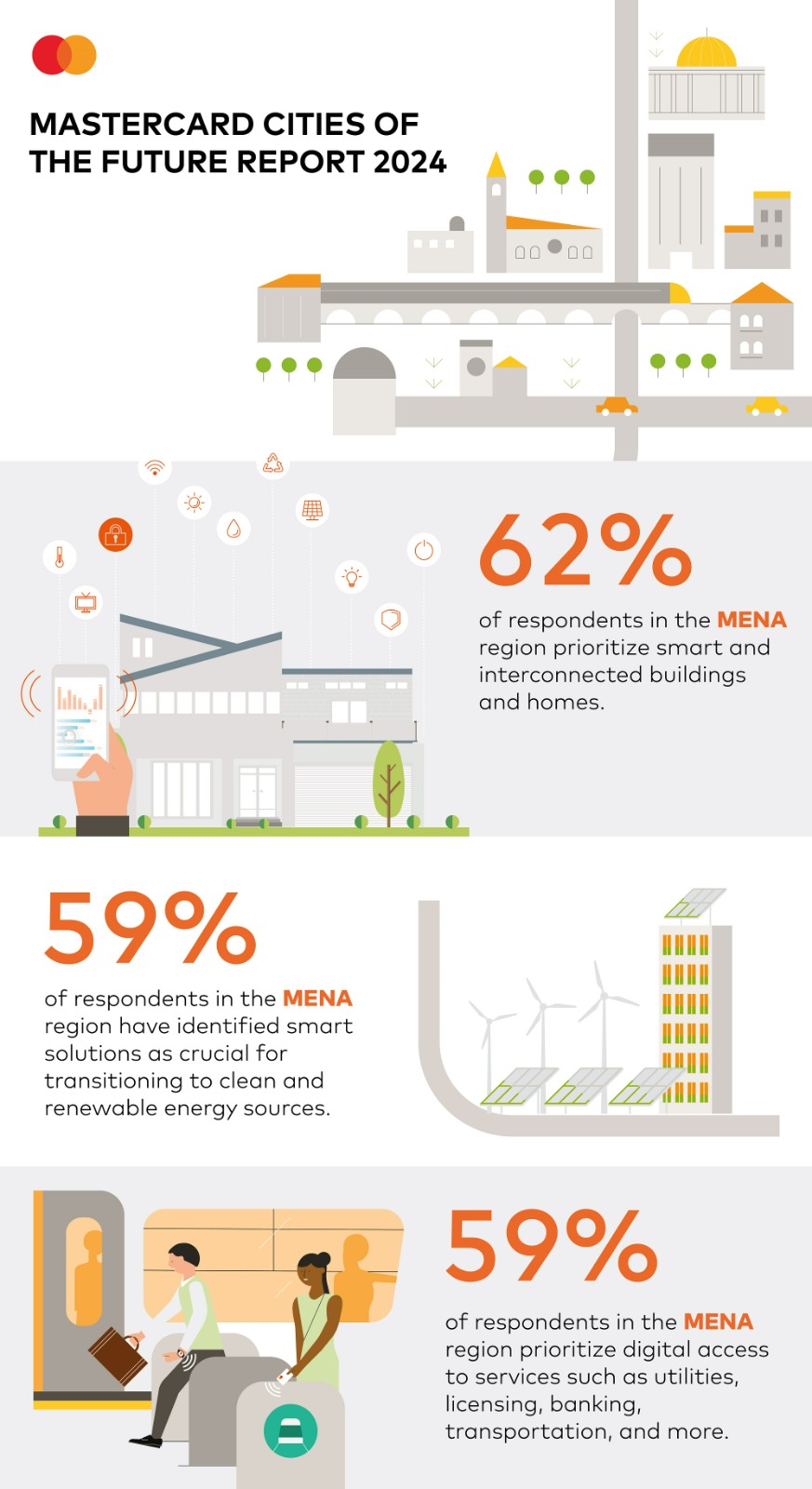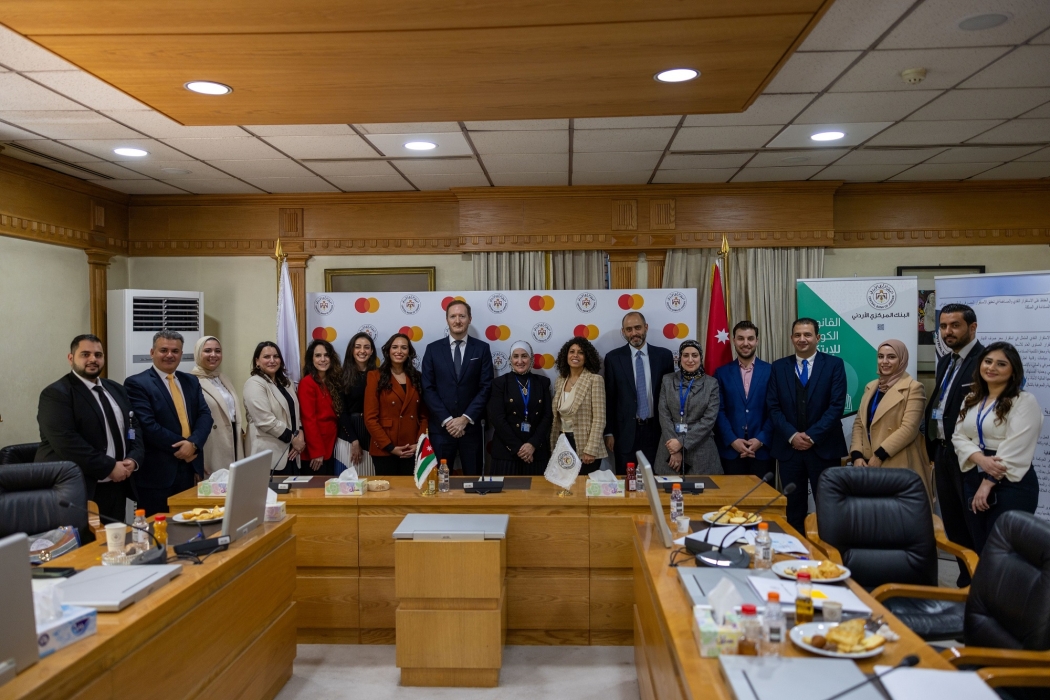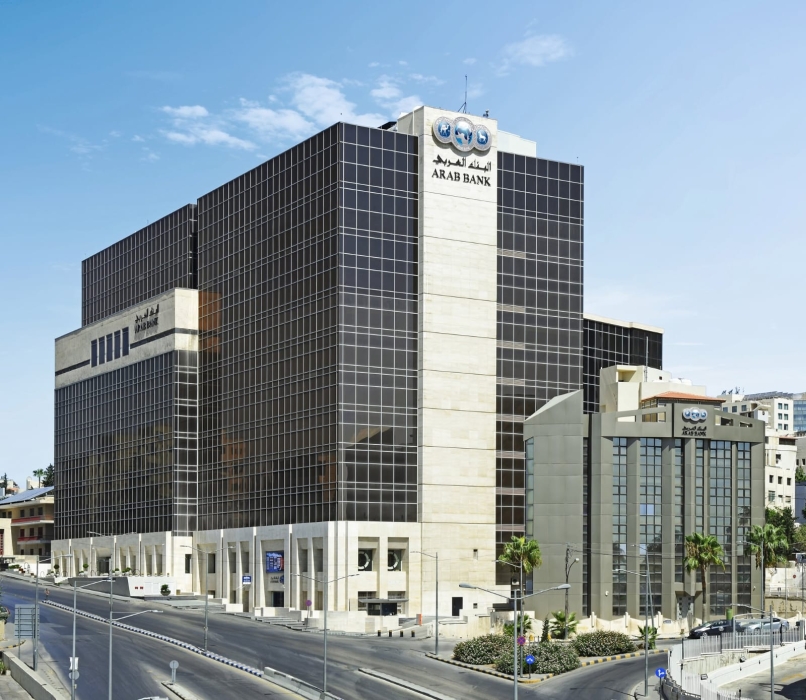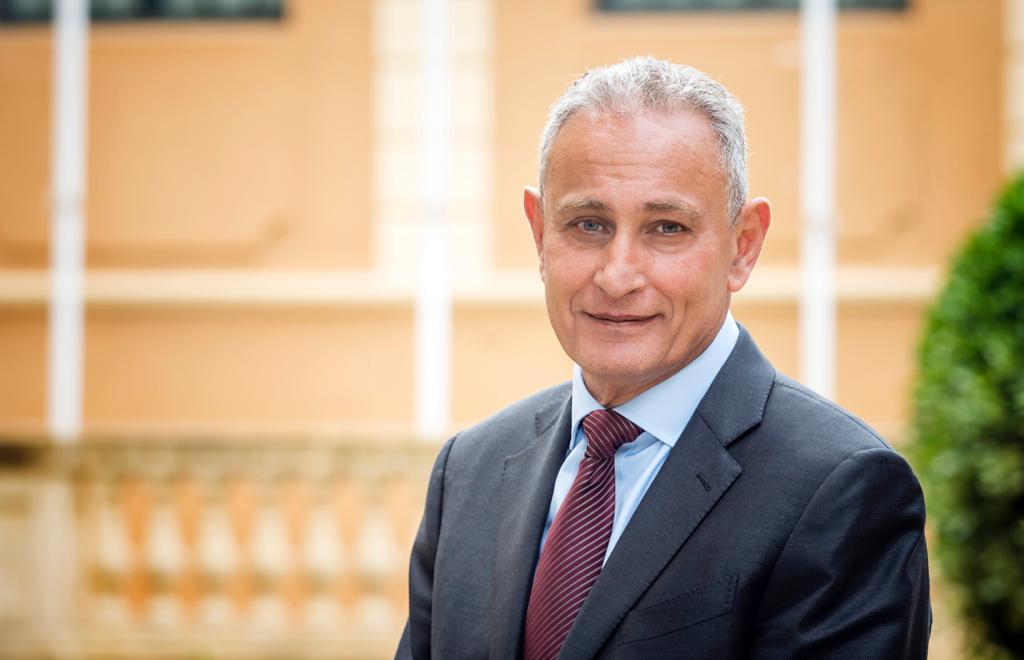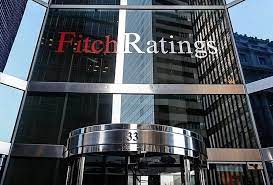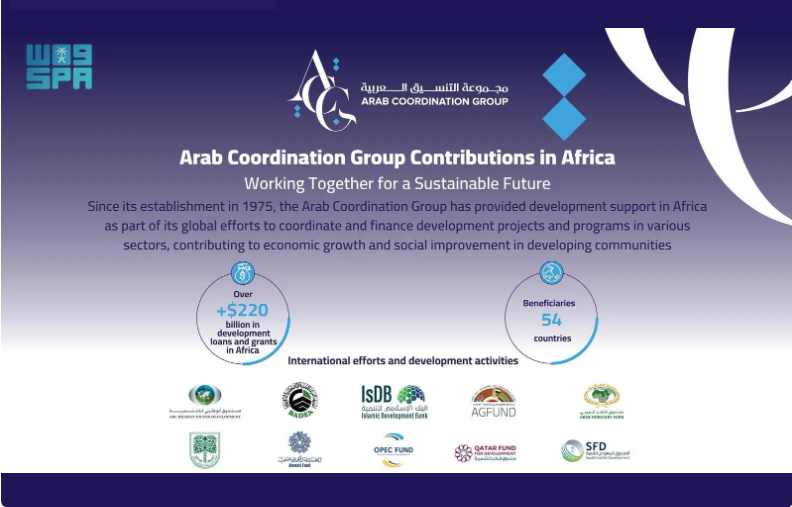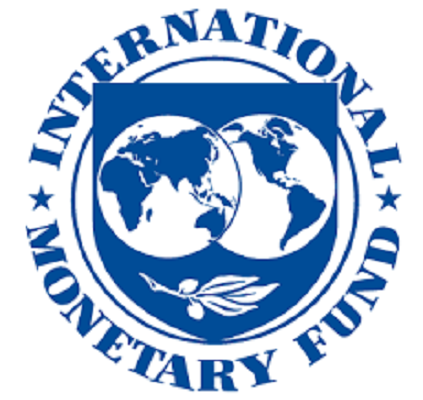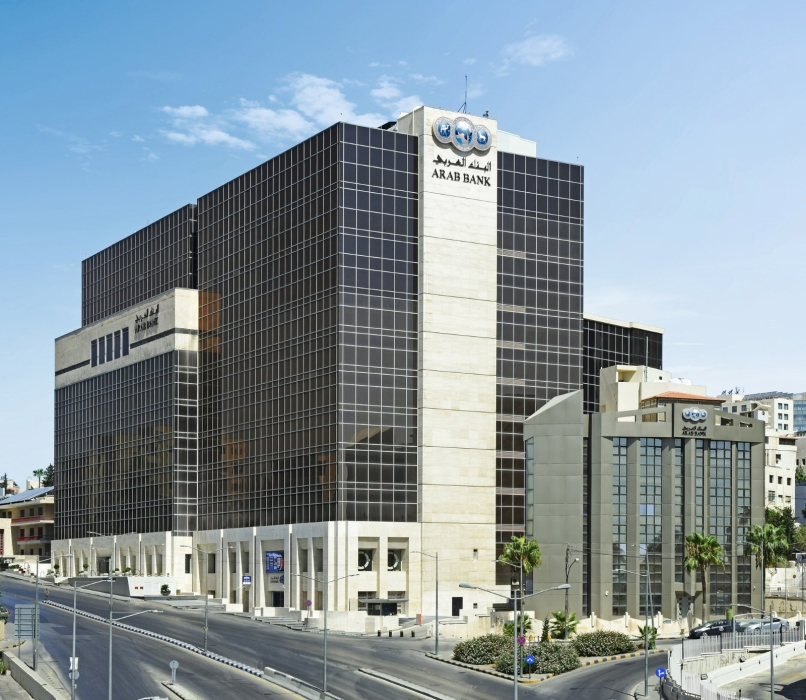Will the quadruple partnership between (Jordan, the UAE, Egypt and Bahrain) open real doors for Jordan?
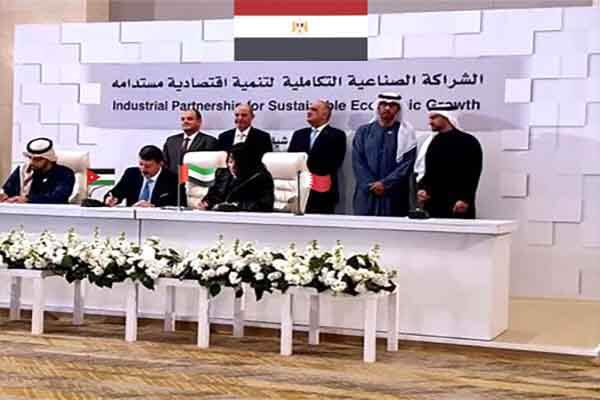
Al-Anbat -
Al - Anbat - Zeina- Al- Barbour
Translated by- Neveen- Al- Jarrah
Ayesh: Jordan will not benefit from it at an early stage
Badwan: The quaternary industrial project is an urgent priority after the Corona crisis
The title of the "Quartet Partnership" between the UAE, Bahrain, Egypt and Jordan topped the social networking sites after this industrial partnership turned from ink on paper into a tangible reality through the signing of agreements last Sunday in order to build an economic alliance that bears positive results for each of the four countries and supports their capabilities in confronting Difficult global conditions, especially as it yields 9 projects within 9 months, with an investment value exceeding $2 billion
To find out Jordan's economic return from this quadruple partnership and the extent of real seriousness in implementing this partnership, "Al-Anbat" held a meeting with economists, where the economist Hussam Ayesh explained that the quadruple partnership linking the UAE, Bahrain, Egypt and Jordan will deal with investments in 5 main sectors, but its results will appear later, therefore, Jordan will not be affected by this early partnership.
And he indicated that the presence of a type of investment in this large space in major sectors that people need in relation to the wealth existing in these four countries, this means first, new job opportunities, secondly, a new return on investment for the benefit of these countries, and thirdly, a new form of investment and economic partnerships that cross countries, Pointing out that it is a kind of investment in latent and available capabilities, especially when we talk about Jordan and Egypt.
He stressed that it is important for Jordan to have the ability to achieve a profitable return on the one hand, and to be able to invest the capabilities and opportunities in a way that leads to creating a kind of positive relationship between these sectors and other sectors in Jordan, adding that it can have added value within broader fields. For this quartet regional partnership, including the pharmaceutical industries, energy security, climate change and information technology.
Ayesh continued, that it is necessary to develop them into broader partnerships so that the capabilities and capabilities of the Jordanian economic sectors can be employed more at the regional level, which increases job opportunities in them and increases the return from them on the other hand, pointing to the possibility of benefiting from joint experiences, which is reflected in the development and modernization in this field. sectors, indicating that it is more important to look at the Jordanian interest within the public interest and try to focus on what we believe is directly in the service of Jordanian economic growth and performance and job opportunities for Jordanians, i.e. that Jordan is not a recipient of investments as they come, but also an actor in arranging and organizing its inputs and outputs.
He mentioned that, unfortunately, there are many partnerships that were held, which either belonged to those who participated in them from the sectors and businessmen, or that their impact on the Jordanian market was not of this promotional size, or that they did not achieve the expected results for the blocs of Jordanian officials in this regard, and therefore there are many investments that come to Jordan and their relationship With unemployment, it used to rise with the presence of these investments, attributing that to the fact that they had goals pertaining to the large investor, and therefore the benefit from them would be little for the market.
Ayesh expected that this partnership would achieve results that people would feel, inject its revenues into the national economy, and raise growth rates, in addition to achieving fairer and more efficient distribution, and benefiting from the return of this growth to increase the income rate of individuals.
He pointed out that some projects are supposed to start during this year, and the delay in their implementation is due to a lot of time wasted in organizing, arranging, and setting programs and plans before starting implementation, and this is what aborts the idea of return from investments in a timely manner.
Regarding what distinguishes this quartet partnership from others, Ayesh explained that the UAE is responsible for spending on these investments and it is capable of doing so, as there is only one party and there are not many references that may waste time trying to negotiate with it, and he continued that this partnership came at the initiative of the Emirates, which means that The intention is there to establish these projects, not to mention the relationship at the highest political, economic and social levels between the four countries participating in these investments, meaning that they are very good relations that are supposed to facilitate the completion.
For his part, Dr. Nimr Badwan, a doctor in economic and financial sciences, affirmed that the inauguration of the UAE, Egypt, Jordan and Bahrain of the quartet complementary industrial partnership project, and the announcement of the establishment of an investment fund worth $10 billion to finance industrial projects in the fields of food and medicine, comes in light of the great importance and urgency that emerged after the crisis. The coronavirus and supply shortages caused by the crisis in Ukraine made this approach an urgent priority.
He explained to "Al-Anbat" that many industrial companies are now offered for sale at half of their actual value, and this is a golden opportunity for the Arab countries to buy these industrial companies and transfer them with their equipment, experts and everything related to them, especially since the three countries have the money necessary for that and they have the manpower and materials involved in that industries, as well as markets.
He continued, and based on this basis, activities were launched in the Egyptian capital, Cairo, on July 25, 2022, for the meeting of the Higher Committee for Integrated Industrial Partnership for Sustainable Economic Development, and these events included Egypt, the Emirates and Jordan.
This meeting was chaired by the industry ministers of these countries, including the Jordanian Minister of Industry, Youssef Al-Shamali, pointing out that these events and meetings witnessed the announcement of Bahrain's accession to the Complementary Industrial Partnership Initiative.
He stated that the Supreme Committee relied on the recommendations issued by the Executive Committee of the Industrial Partnership that was held in Cairo before, with the participation of companies operating in the fields of agriculture, food, fertilizers and medicines, and prepared a list of projects with 87 proposed projects in the aforementioned sectors, which are targeted sectors, including Projects eligible to enter the stage of feasibility studies in these sectors as a first stage, with initial investments of $3.6 billion, in addition to focusing on the next stage in the sectors of minerals, chemicals, plastics and clothing.
And he indicated that the four countries discussed during the meeting projects of interest and priority that would enhance food security in a way that ensures the sustainability of the provision of goods and prevents any interruptions or imbalances, and the resulting price distortions, and even stimulates economic growth and diversification, reduces import costs and facilitates finding alternative sources commodities, pointing out that it emphasized the importance of achieving these goals and demonstrated the convergence of views on many common issues and issues of the Arab region.
Badwan stated that one of the most important advantages of countries in this industrial partnership is that the contribution of the industrial sector to the total GDP of the UAE, Egypt and Jordan has reached 30% of the contribution of the industrial sector in the Middle East and North Africa region, and in 2019, the total value of their industrial exports reached 65 billion dollars, while the total population in these countries is 122 million, representing 27% of the population of the Middle East and North Africa region.
He concluded that the value of foreign direct investment in the UAE, Egypt and Jordan amounted to about $152 billion during the period from 2016 to 2020, and the total value of exports to the countries of the world from these countries reached $436 billion, as in 2019, and the value of imports reached 400. Approximately one billion dollars, initiatives and strategies supporting the industrial sector, an advanced infrastructure in the field of services, transportation, freight, availability of raw materials, expertise, capital, and industrial zones, in light of laws and legislations that support domestic and foreign investments.
